
Recommendation
At its best, Empowering Employees by Kenneth L. Murrell and Mimi Meredith illustrates the vogue concept of worker empowerment as it relates to real-life business, devoid of the touchy-feely clichés such nomenclature may evoke. The book cannot completely avoid a collapse into idealism and jargon however, and long sections of several chapters amount to cheery descriptions of the motivated and satisfied employees that empowerment will breed. These breezy passages fortunately are grounded by examples of companies like Toyota and AT&T that have embraced empowerment - or portions of it - to great success. So if employee-burnout is an issue in your office, or if you are looking for an easy-to-digest explanation of one of today’s most popular management trends, getabstract recommends this book to you.
Summary
About the Authors
Ken Murrell , professor of Management and Management Information Systems at the University of West Florida, is an international consultant, a community activist and empowerment pioneer. He’s worked with the World Bank, the U.N. Development Program, the U.S.I.A., and firms of all sizes including Motorola, Pfizer, BellSouth and Toyota. He taught around the globe, and consulted in Asia, Africa, South America and the Middle East. Mimi Meredith owns Wordsmiths Unlimited, where she writes, edits and designs public relations materials, training manuals and books. She has a master’s degree in computer science, worked as a social worker and a trainer, and spent five years as research associate at the University of West Florida’s Educational Research and Development Center.









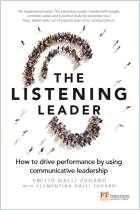
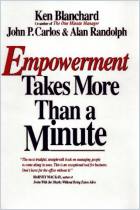
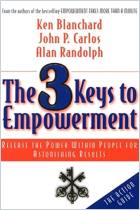
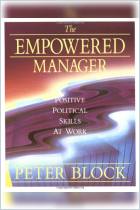

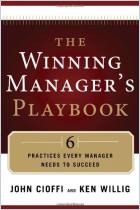




Comment on this summary or 开始讨论